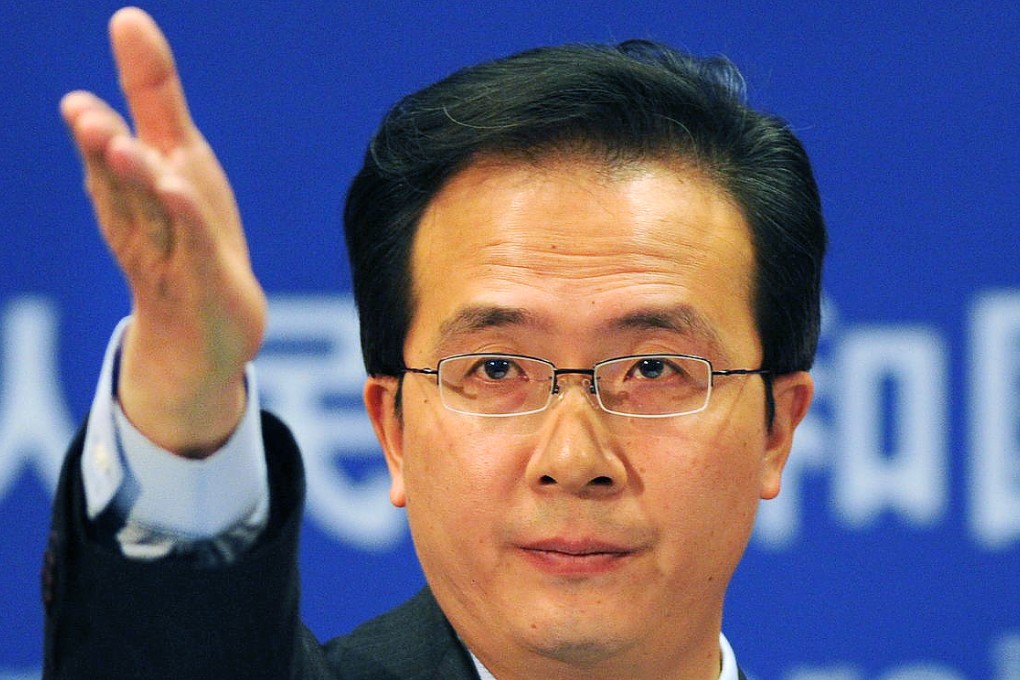Chinese spies suspected of breaking into South African nuclear research facility
Break-in at nuclear research facility in 2007 was an act of state espionage, secret intelligence report says, according to various media reports

A secret intelligence cable said Chinese spies were suspected of breaking into a nuclear research facility in South Africa in 2007, it was reported yesterday.
The file dating from December 2009 said the break-in at the Pelindaba nuclear research centre - where apartheid South Africa developed nuclear weapons - was carried out by four armed and "technologically-sophisticated criminals" and was attributed by South African intelligence to an act of state espionage, The Guardian reported. At the time officials publicly dismissed the break-in as a burglary.
Foreign intelligence agencies had been "working frantically to influence" the country's nuclear energy expansion programme, the file said, identifying US and French intelligence as the main players.
But due to the "sophistication of their covert operations", it had not been possible to "neutralise" their activities, according to the purportedly secret cable, one in a trove of South African intelligence documents published this week by The Guardian and Al-Jazeera news organisations after allegedly being leaked.
Several spy agencies were reported to have shown interest in the progress of South Africa's Pebble Bed Modular Reactor.

In Beijing, Foreign Ministry spokesman Hong Lei said it was not aware of the report, adding: "China and South Africa continues to have friendly relations".